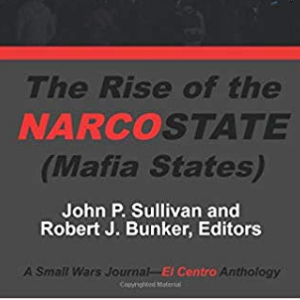
Book: The Rise of the Narcostate
This book is our sixth Small Wars Journal–El Centro anthology, covering writings published between 2016 and 2017.

This book is our sixth Small Wars Journal–El Centro anthology, covering writings published between 2016 and 2017.
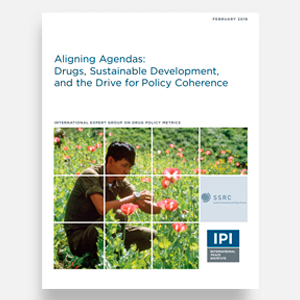
February, 2018 Current drug policy too often has a negative impact on communities and runs counter to efforts to ameliorate poverty through sustainable development. However, this is often not captured by the metrics used to measure the impact of drug policy. One way to improve
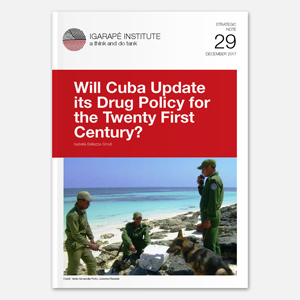
This publication analyzes Cuba’s drug policy in the Twenty First Century: its challenges for an update and also its historical backgrounds.
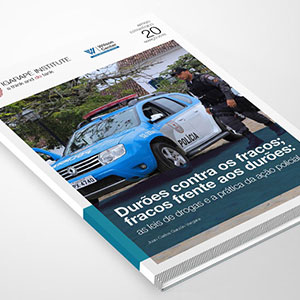
September, 2016 This article aims to identify the main impacts of drug law enforcement on policing. It points to five interrelated effects: 1) Suppression focused on minor offenses and the weakest links in the chain; 2) Arrest patterns often based on stereotypes that affect
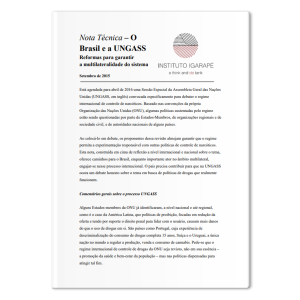
[In Portuguese] This note offers alternatives to Brazil, as an important player in multilateral context, engage on the international debate about drug policy.
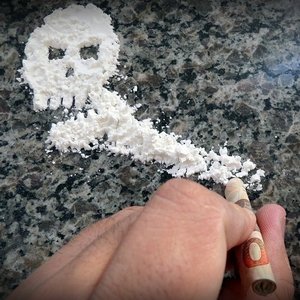
The global war on drugs has failed, with devastating consequences for individuals and societies around the world
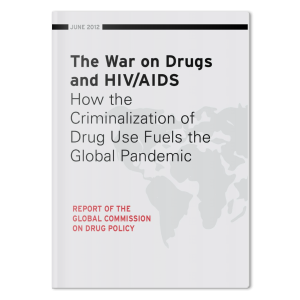
The global war on drugs is driving the HIV/AIDS pandemic among who use drugs and their sexual partners
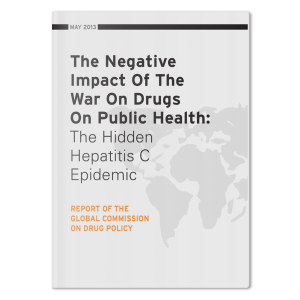
Hepatitis C is a highly prevalent chronic viral infection which poses major public health, economic and social crises, particularly in low and middle income countries
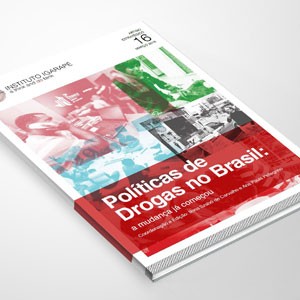
[In Portuguese] A report on 10 brazilian experiences of new approaches on drugs policy.
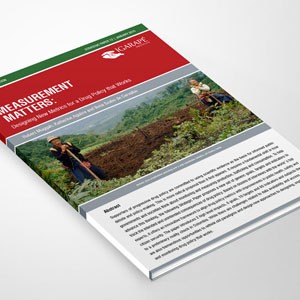
SP-12: Supporters of progressive drug policy are committed to using scientific evidence as the basis for informed public debate and policy-making.
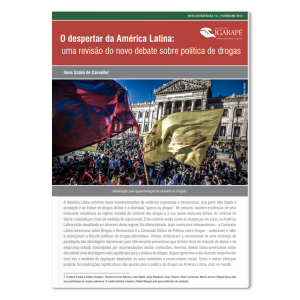
[In Portuguese] Changes in course in Latin America challenge the basis of world’s policy of drugs control and it’s almost exclusive emphasis in offer control.
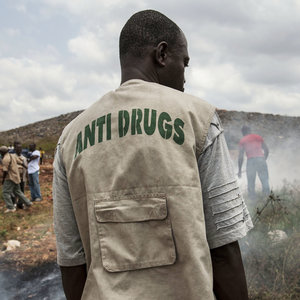
This report considers how changes under way in Latin America drug policy are challenging the foundations of the repressive regime – specially the “war on drugs”.
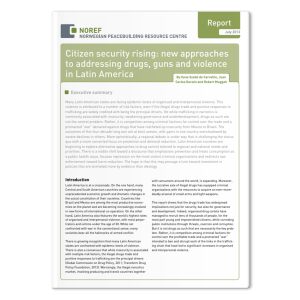
A study about the consequences of current drug policy and alternative approaches for harm reduction and violence decrease.
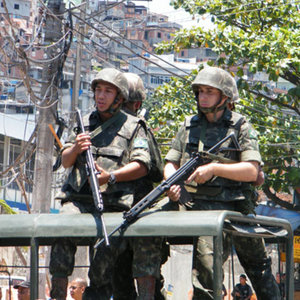
This Article debates new ways to face the violence problem cause by the drug traffic in Central America and Caribe.

O Instituto Igarapé utiliza cookies e outras tecnologias semelhantes para melhorar a sua experiência, de acordo com a nossa Política de Privacidade e nossos Termos de Uso e, ao continuar navegando, você concorda com essas condições.

